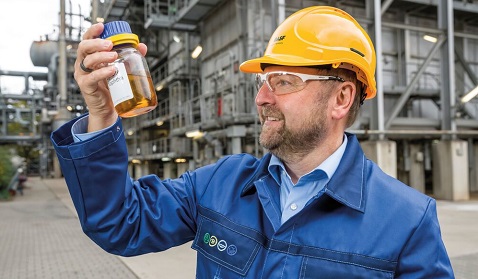Thermochemical technologies able to help realise a circular economy for plastics in Australia are not being fully exploited, the national science agency says.
A new report by the national science agency says mixed, multi-layer, flexible, or contaminated and other hard-to-recycle plastics could be readily turned back into food-grade recycled plastics or other products using chemical, thermal, or biological processes.
However, despite an existing industrial capability well able to integrate advanced recycling outputs to produce new polymers, the technology is not sufficiently recognised in Australia’s policy landscape.
The CSIRO report, Advanced recycling technologies to address Australia’s plastic waste, also says poor public understanding of the terminology has held back the development of the social licence necessary for its increased uptake.
To build public trust in a technology that complements mechanical recycling and can assist with diverting mixed, flexible and contaminated waste plastics that would otherwise go to landfill, the community must understand the perceived impacts and benefits, the report says.
A national approach that seeks consistency across jurisdictions would also enable Australia’s adoption of advanced recycling technologies.
The Australian Local Government Association (ALGA) maintains the need for ongoing funding for new infrastructure, as acknowledged by the Commonwealth’s Recycling Modernisation Fund.
ALGA also endorses continued RMF support for innovation in advanced recycling technologies – while advocating that new infrastructure be strategically placed to benefit local government in all states and territories, and in regional and remote areas.
The CSIRO acknowledges that advanced recycling technologies result in emissions to some degree or other, but says reliable life cycle assessments (LCA) would provide greater transparency around environmental and social impacts.
“Any emissions from advanced recycling technologies need to be managed to reduce their impact”, the report says.
“Politically there is an opportunity for advanced recycling to be recognised as supporting Australia’s waste policy action plan and plastics recovery targets to 2030, consistent with a circular economy.”
The report was produced in consultation with Chemistry Australia, LyondellBasell and Qenos.



